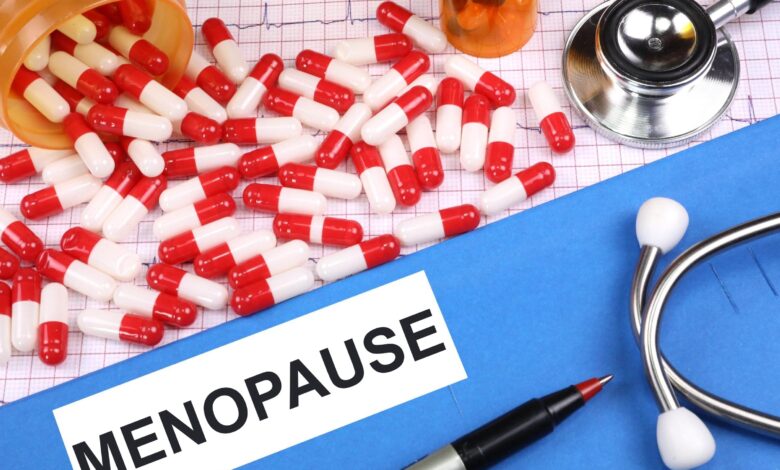5 Signs That Indicate You Are Entering Pre-menopause

Pre-menopause, also known as perimenopause, is a natural process that occurs in a woman’s life as she approaches menopause. This phase usually begins in a woman’s 40s, but it can start earlier or later for some women. During pre-menopause, the body undergoes hormonal changes that can result in a variety of symptoms. By recognizing the key signs of pre-menopause and taking steps to manage your symptoms, you can maintain your health and well-being during this transitional period.
Pre-menopause is a natural process that occurs in a woman’s life as she approaches menopause. It is characterized by hormonal changes that can result in a variety of symptoms, including irregular periods, hot flashes, mood changes, changes in libido, and sleep disturbances. If you are experiencing any of these symptoms, it is important to talk to your healthcare provider to determine the best course of action. There are a variety of treatments and lifestyle changes that can help alleviate pre-menopausal symptoms and improve your overall health and well-being.
Irregular periods
One of the most common signs of pre-menopause is irregular periods. As the body prepares for menopause, the ovaries produce less estrogen, which can result in changes to the menstrual cycle. You may experience lighter or heavier periods, shorter or longer cycles, or spotting between periods. These changes can be unsettling, but they are a normal part of the pre-menopausal process.
Hot flashes
Hot flashes are another common symptom of pre-menopause. They are characterized by a sudden feeling of heat that spreads throughout the body, often accompanied by sweating and rapid heartbeat. Hot flashes can last for a few seconds or several minutes, and they can be triggered by a variety of factors, such as stress, alcohol, caffeine, and spicy foods.
Mood changes
Pre-menopause can also affect your mood and emotional well-being. You may experience mood swings, irritability, anxiety, or depression. These changes are caused by fluctuating hormone levels, and they can be exacerbated by other factors, such as stress, lack of sleep, and poor nutrition.
Changes in libido
As estrogen levels decline during pre-menopause, some women may experience changes in their sex drive. You may find that you have less interest in sex, or that you experience vaginal dryness, which can make sex uncomfortable or painful. These changes can be distressing, but they are a normal part of the pre-menopausal process.
Sleep disturbances
Pre-menopause can also affect your sleep patterns. Staying asleep, or waking up too early, these changes are caused by hormonal fluctuations, but they can also be exacerbated by other factors, such as stress, anxiety, and hot flashes. Lack of sleep can have a negative impact on your overall health and well-being, so it is important to take steps to improve your sleep hygiene.
If you suspect that you may be entering pre-menopause, there are several things you can do to manage your symptoms. First, make sure to eat a healthy, balanced diet that is rich in vitamins, minerals, and other essential nutrients. Avoid processed foods, sugary snacks, and caffeine, as these can exacerbate hormonal fluctuations and other pre-menopausal symptoms. Second, make sure to get regular exercise, as this can help reduce stress, improve sleep, and maintain a healthy weight. Finally, make sure to get plenty of rest and relaxation, as this can help reduce stress and improve your overall well-being.




